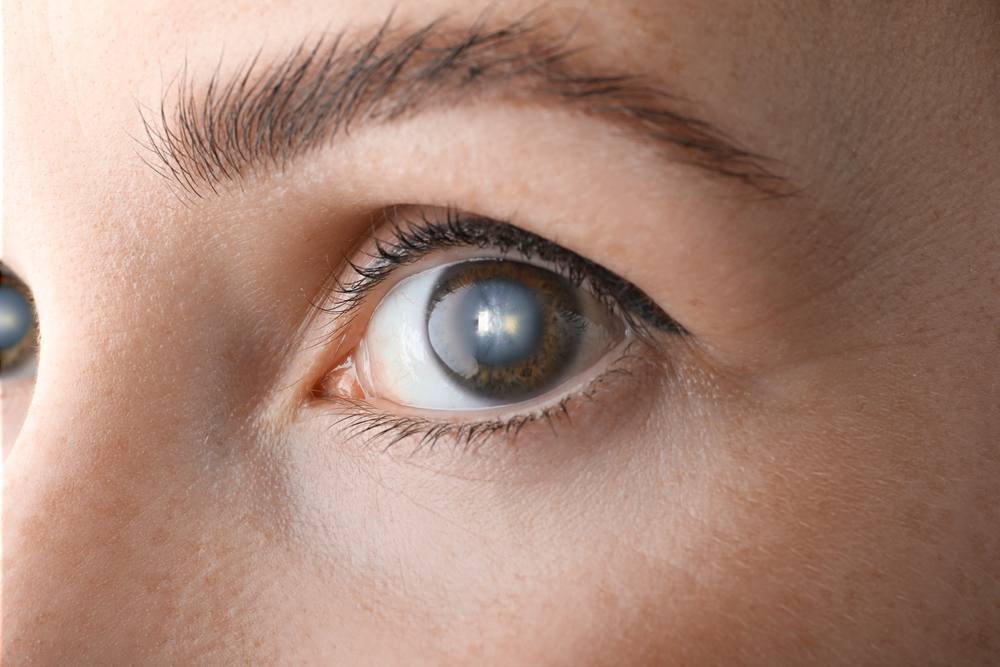
Understanding the causes and symptoms of cataracts is essential for early detection and proper treatment. Cataracts occur when the lens of the eye becomes cloudy, leading to blurry vision and difficulty seeing clearly. The primary cause of cataracts is aging, as the proteins in the lens break down over time, causing it to become less transparent. However, other factors such as genetics, diabetes, smoking, and prolonged exposure to sunlight can also increase the risk of developing cataracts.
The Importance of Early Detection and Diagnosis
Early detection and diagnosis of cataracts are crucial for maintaining good eye health and preventing further vision loss. Regular eye exams are essential, especially as you age, to identify any changes in your vision and detect cataracts in their early stages. Your optometrist will perform a series of tests, including a visual acuity test, a dilated eye exam, and a tonometry test to measure the pressure in your eyes.
During the examination, your optometrist will assess the severity of your cataracts and determine the best course of action. They will also evaluate your overall eye health and check for any other underlying conditions that may contribute to your vision problems. Early detection allows for timely intervention and the implementation of appropriate treatment options to slow down the progression of cataracts and preserve your vision.
Treatment Options for Cataracts
While there is no known way to prevent the development of cataracts, there are several treatment options available to improve your vision and manage the effects of cataracts. In the early stages, your optometrist may recommend prescription glasses or contact lenses to correct your vision and provide clearer sight. These visual aids can help compensate for the cloudiness caused by cataracts and enhance your ability to see objects more clearly.
However, as cataracts progress and begin to significantly impact your daily life, surgical intervention may be necessary. Cataract surgery is a safe and effective procedure that involves removing the cloudy lens and replacing it with an artificial lens called an intraocular lens (IOL). This surgery is typically performed on an outpatient basis and has a high success rate in improving vision and restoring clarity.
Surgical Procedures for Cataract Removal
Cataract surgery is a common and well-established procedure that has helped millions of people regain their vision and improve their quality of life. There are two primary surgical techniques used for cataract removal: phacoemulsification and extracapsular cataract extraction (ECCE). Phacoemulsification involves using ultrasound energy to break up the cloudy lens into small pieces, which are then removed through a tiny incision. ECCE, on the other hand, involves making a larger incision to remove the entire lens manually.
Both techniques have their advantages and disadvantages, and your optometrist will determine the most suitable approach based on your individual case. Cataract surgery is generally performed under local anesthesia, and the recovery period is relatively short. Most patients experience improved vision within a few days, although it may take a few weeks for your eyes to fully heal.
Taking the Next Steps Towards Clearer Vision
If you suspect that you have cataracts or have been diagnosed with this condition, it is essential to take the next steps towards clearer vision. Start by consulting with your optometrist for a comprehensive evaluation and proper diagnosis. Early detection and diagnosis are crucial for timely intervention and the implementation of appropriate treatment options.
Your optometrist will guide you through the entire process, from discussing your symptoms and concerns to conducting various tests to assess the severity of your cataracts. They will recommend the most suitable treatment plan based on your specific needs and preferences.
Schedule an appointment with our optometrist to discuss your cataract concerns and explore the available treatment options, visit Advanced Eyecare Consultants at our offices in Libertyville or Lake Zurich, Illinois. Call (847) 994-4500 or (847) 438-7700 to book an appointment today.








